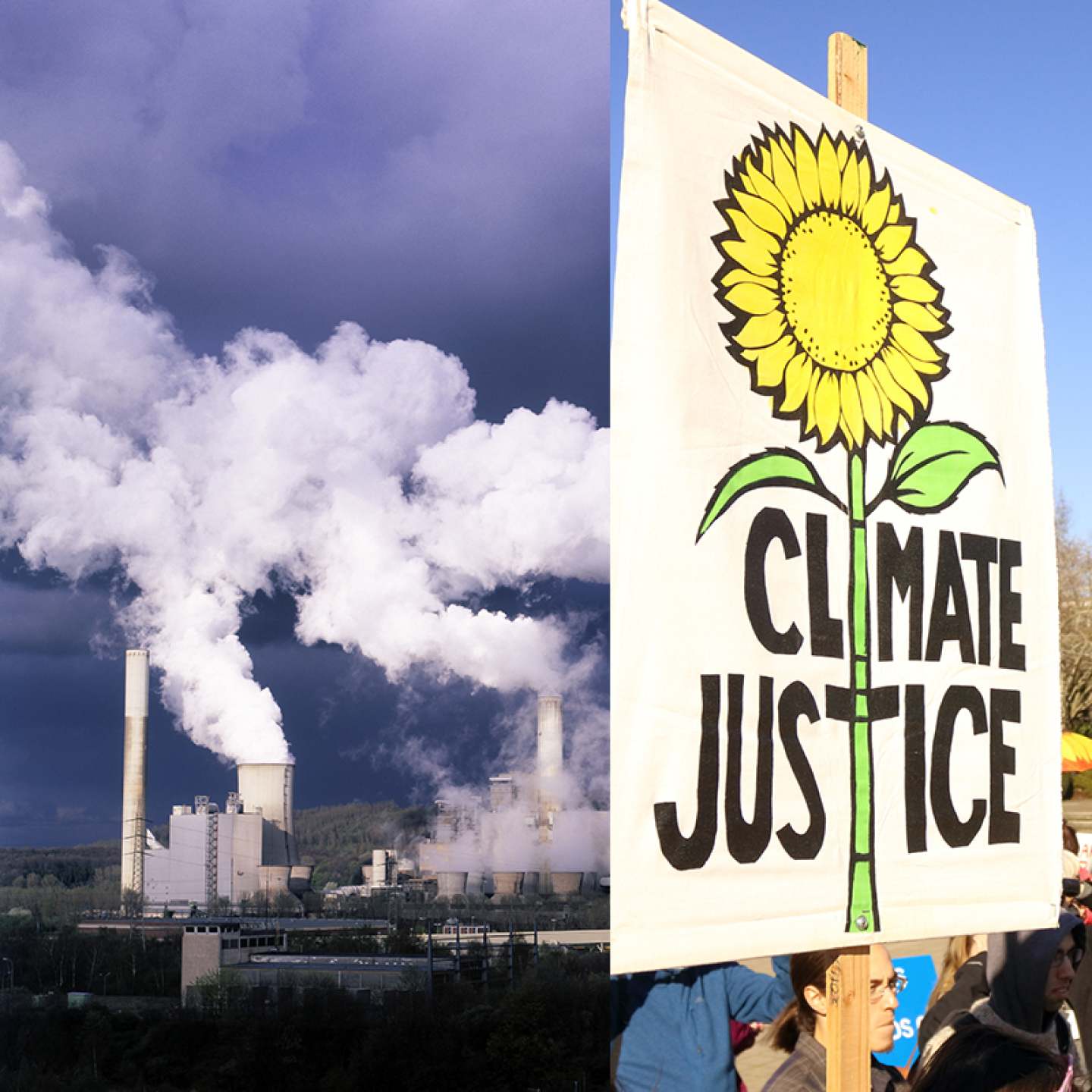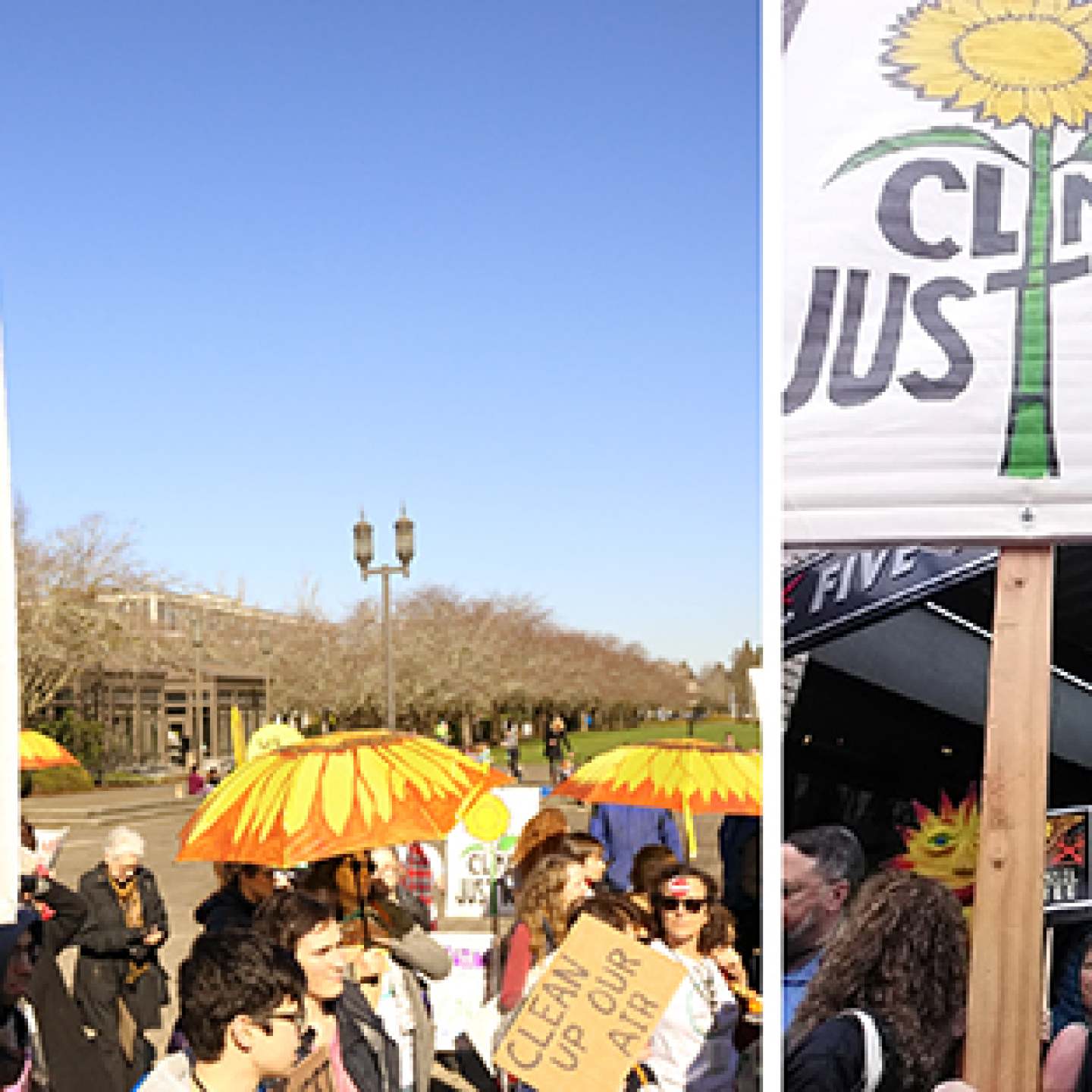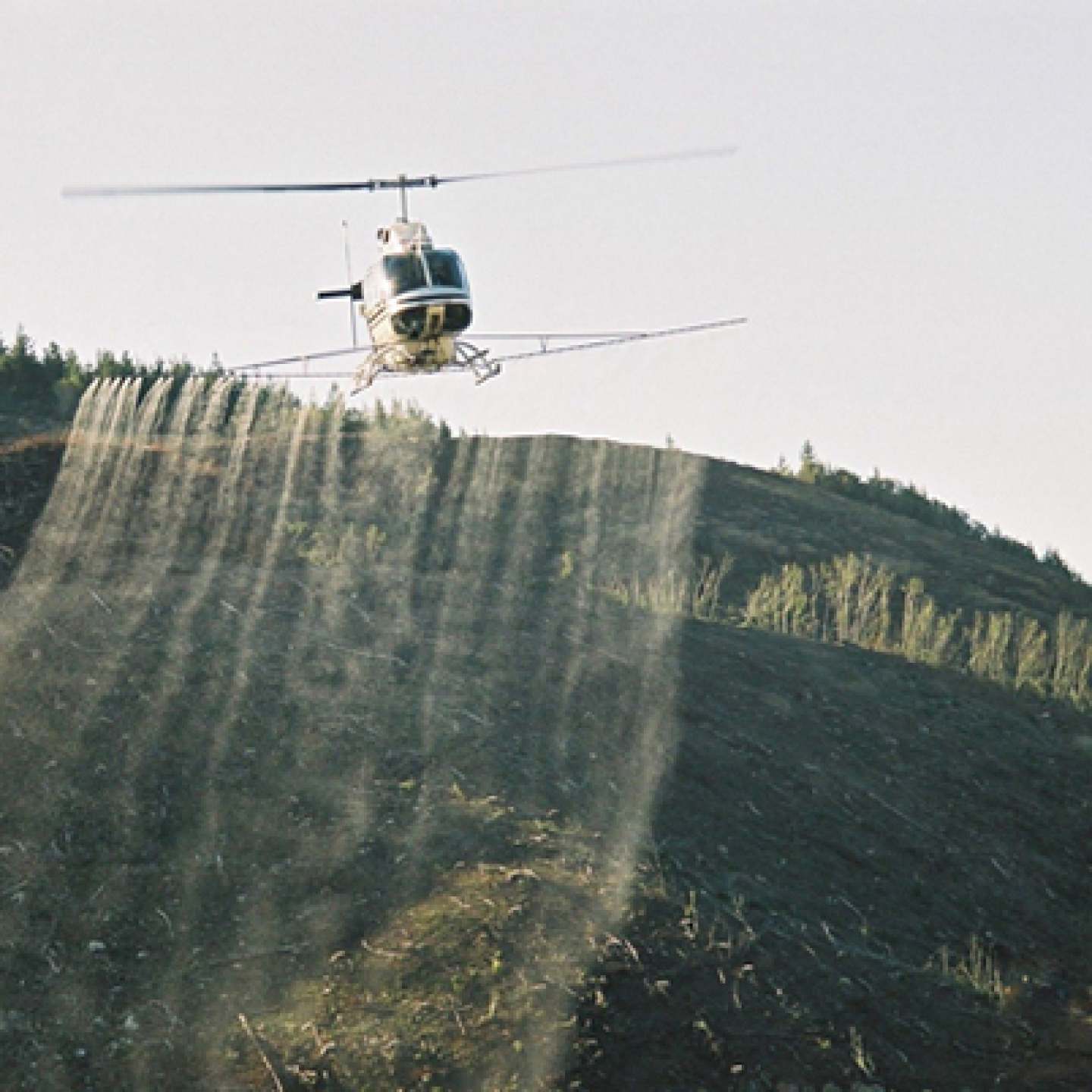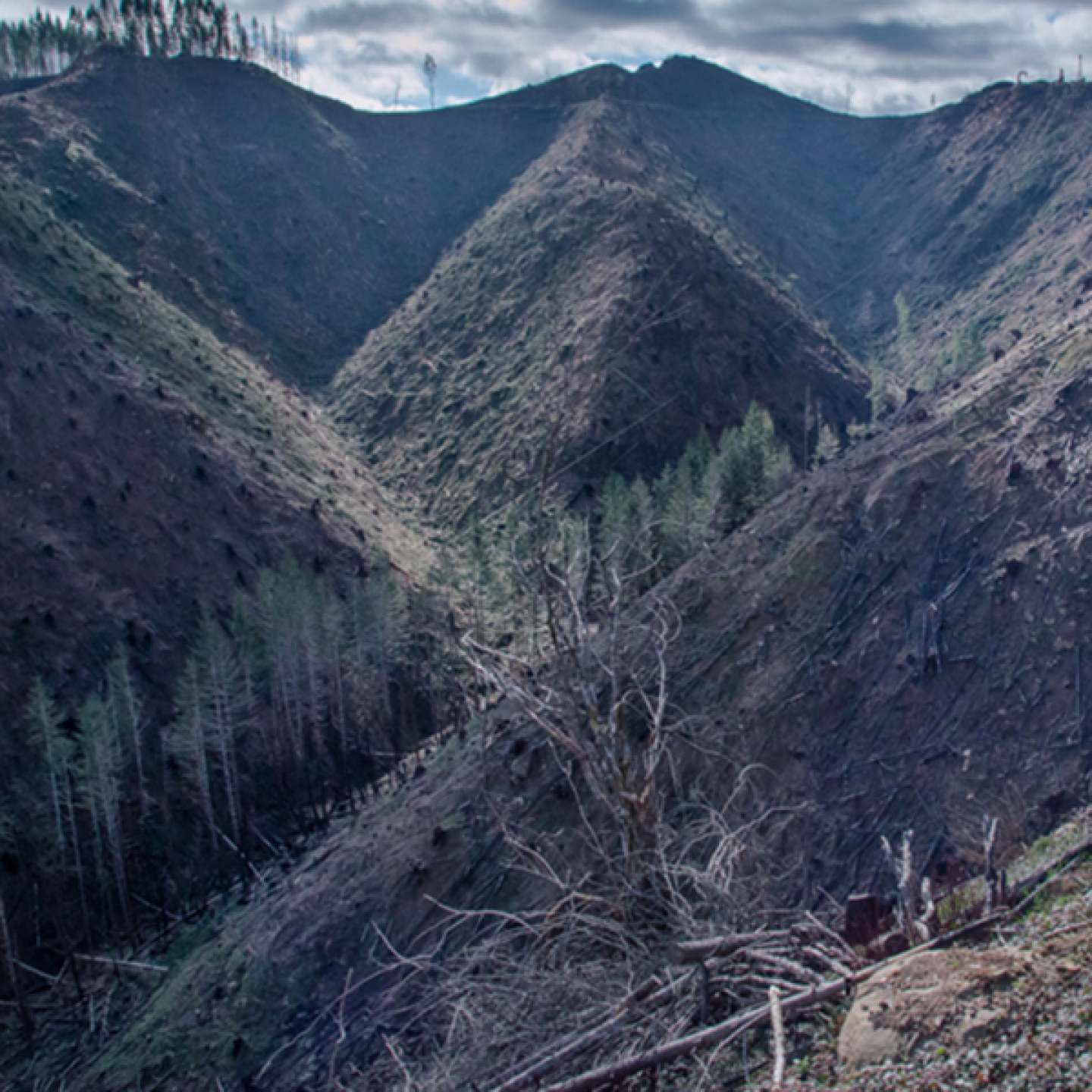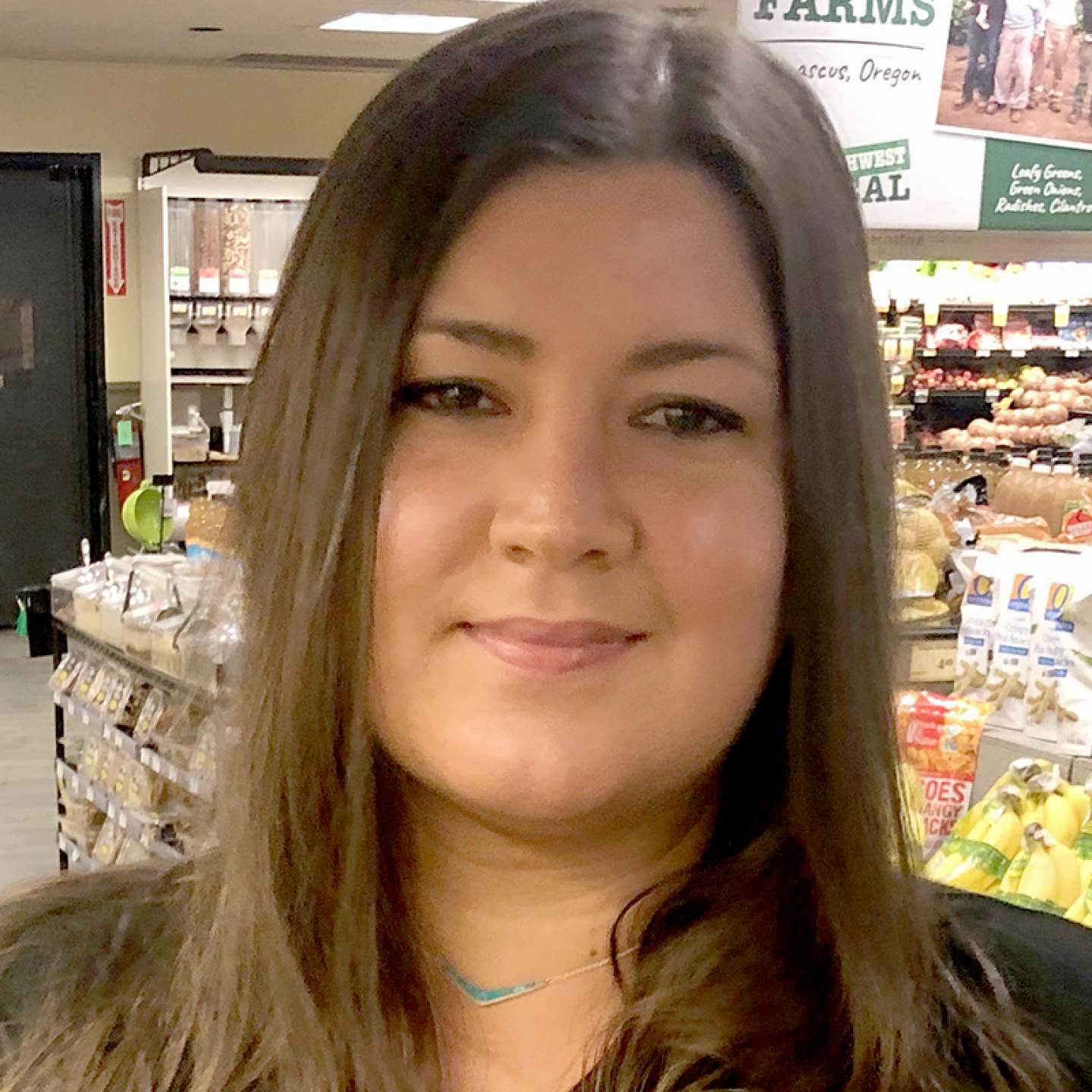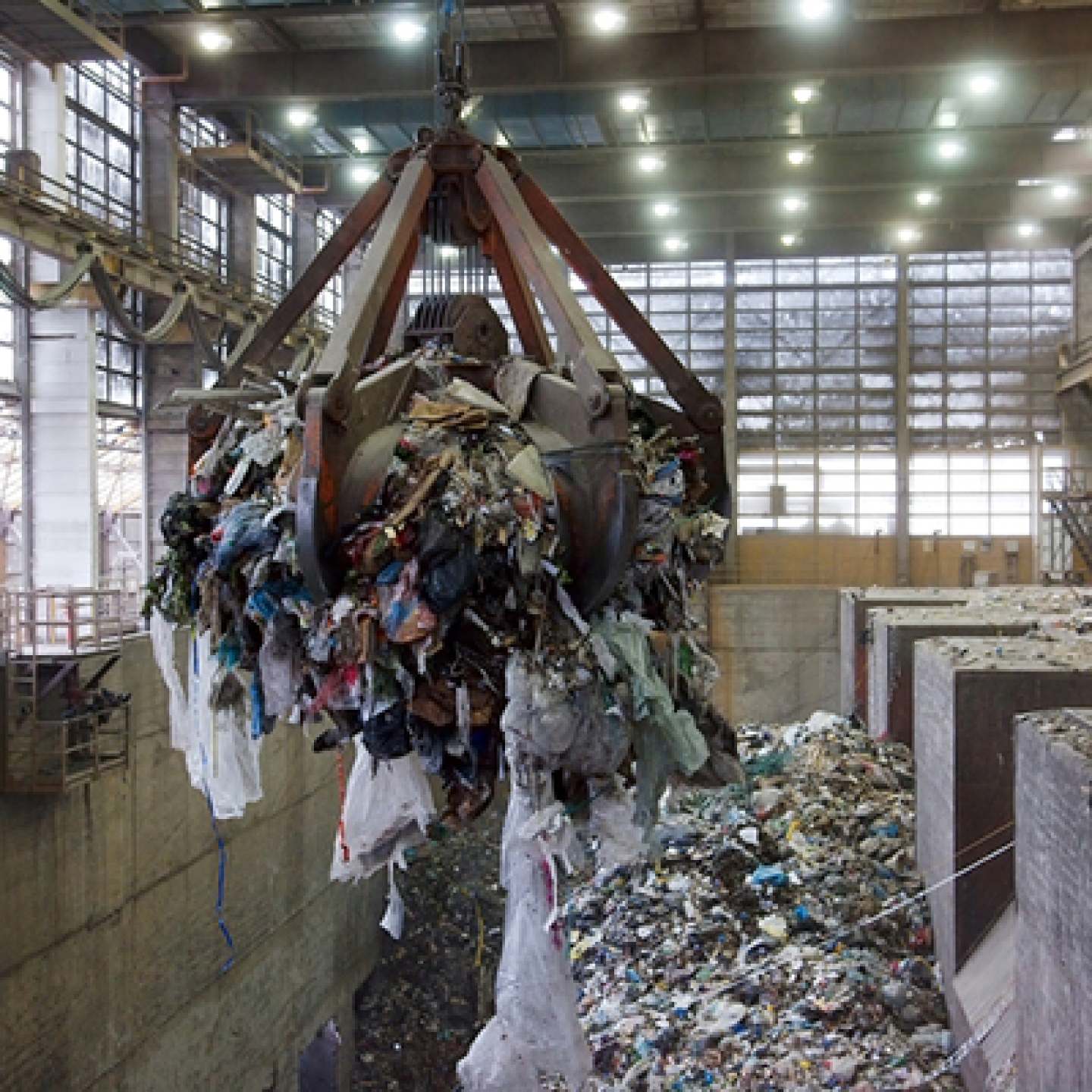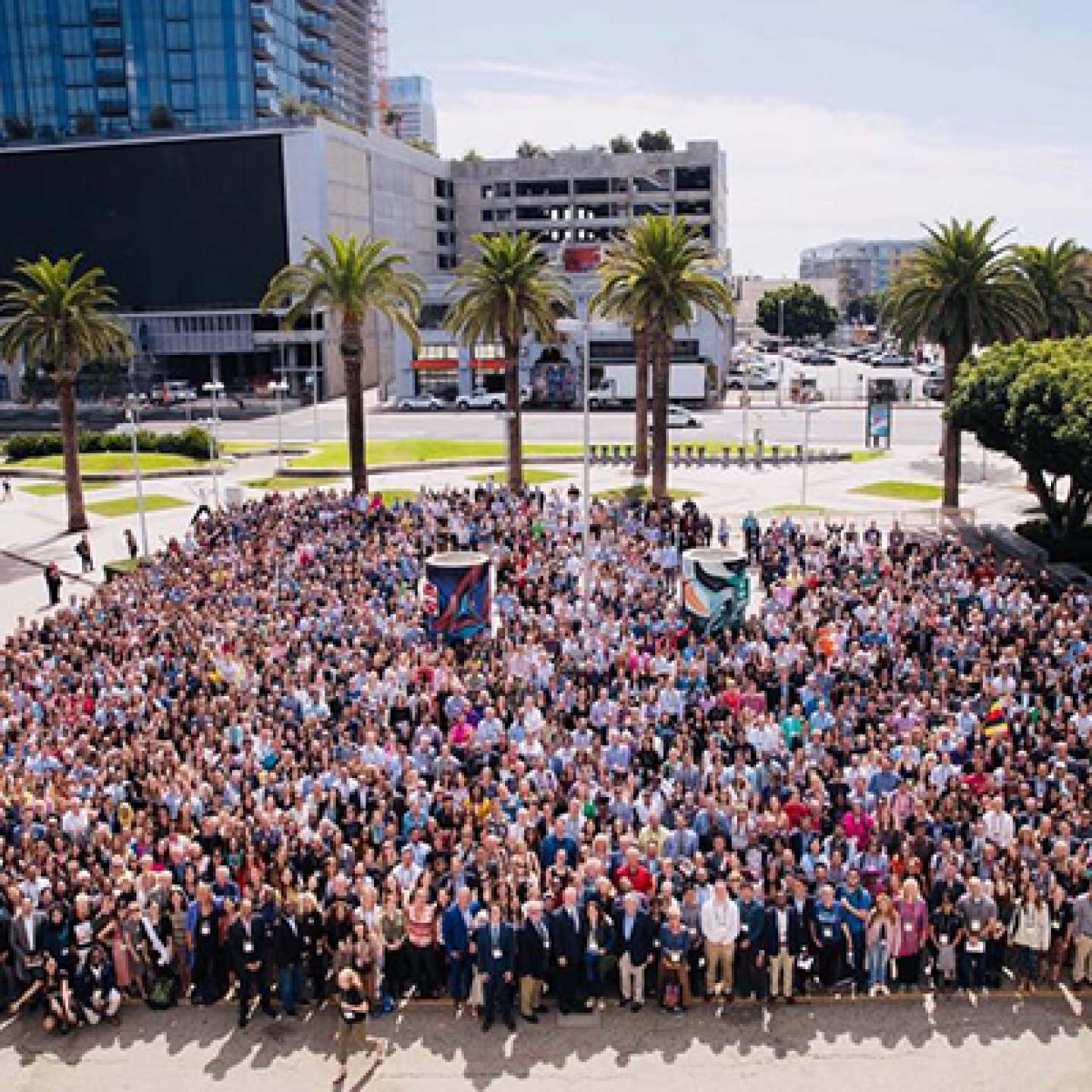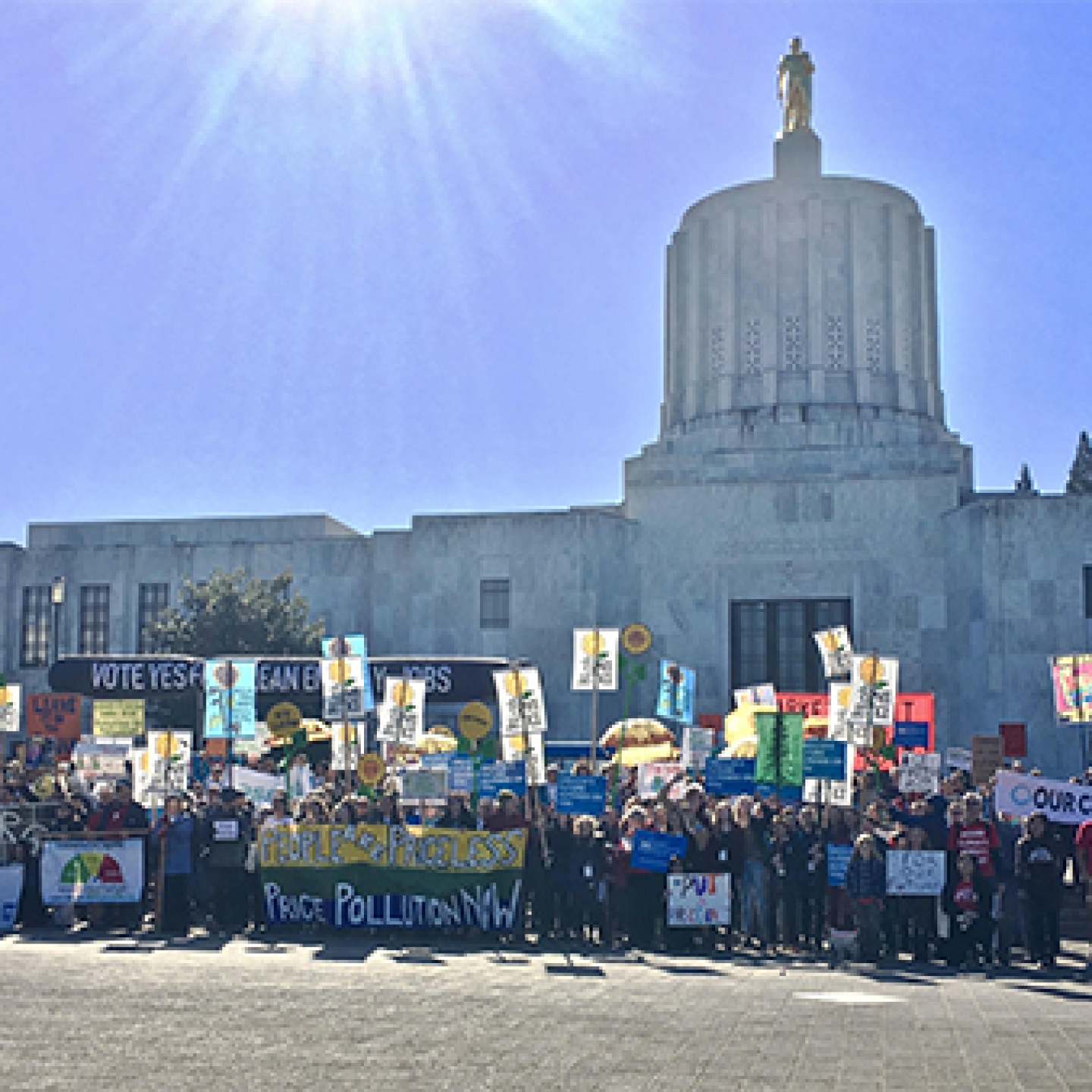Let’s be honest--the state of the climate emergency can be downright overwhelming and difficult to face day after day. A…
Lay Of The Land (Use)
“I’m from the coast.” “I own a farm.” “My family have been ranchers for five generations.” Our sense of ourselves…
First Foods for Spring
Food is our medicine. Foods not only provide nourishment for our body, they also nourish us emotionally and spiritually. Whether…
Double Trouble – Climate Change and COVID-19
As we expand our understanding and response to the COVID-19 pandemic, we need to start thinking about how we are…
The Tough Keep Going: Advancing Forest Practices and Pesticide Reform
We’ve arrived at a moment when an agreement between corporate timber representatives and environmental health and forest protection defenders has…
The Real Cause Of Division In Communities
Amanda Astor ends her recent Register-Guard column with “Better understanding of forests and the science behind decision making can bring…
Tribal Climate Resilience in the Pacific Northwest
Native American Tribes and First Nations are most at-risk of suffering the devastating effects of climate change. Climate change is…
Trashy and Tricky
Have you noticed the red and white emissions stack to the east of I-5, just north of Salem? That is…
From Despair to Action: A Climate Activist Leader in the Making
Last November, I took my daughter to see 350.org’s community showing of Al Gore’s climate change film, An Inconvenient Sequel:…
Eugene embraces climate justice (on a global playing field)
On February 12th, the Eugene City Council overwhelmingly adopted a resolution to endorse the International Declaration on Human Rights and…
